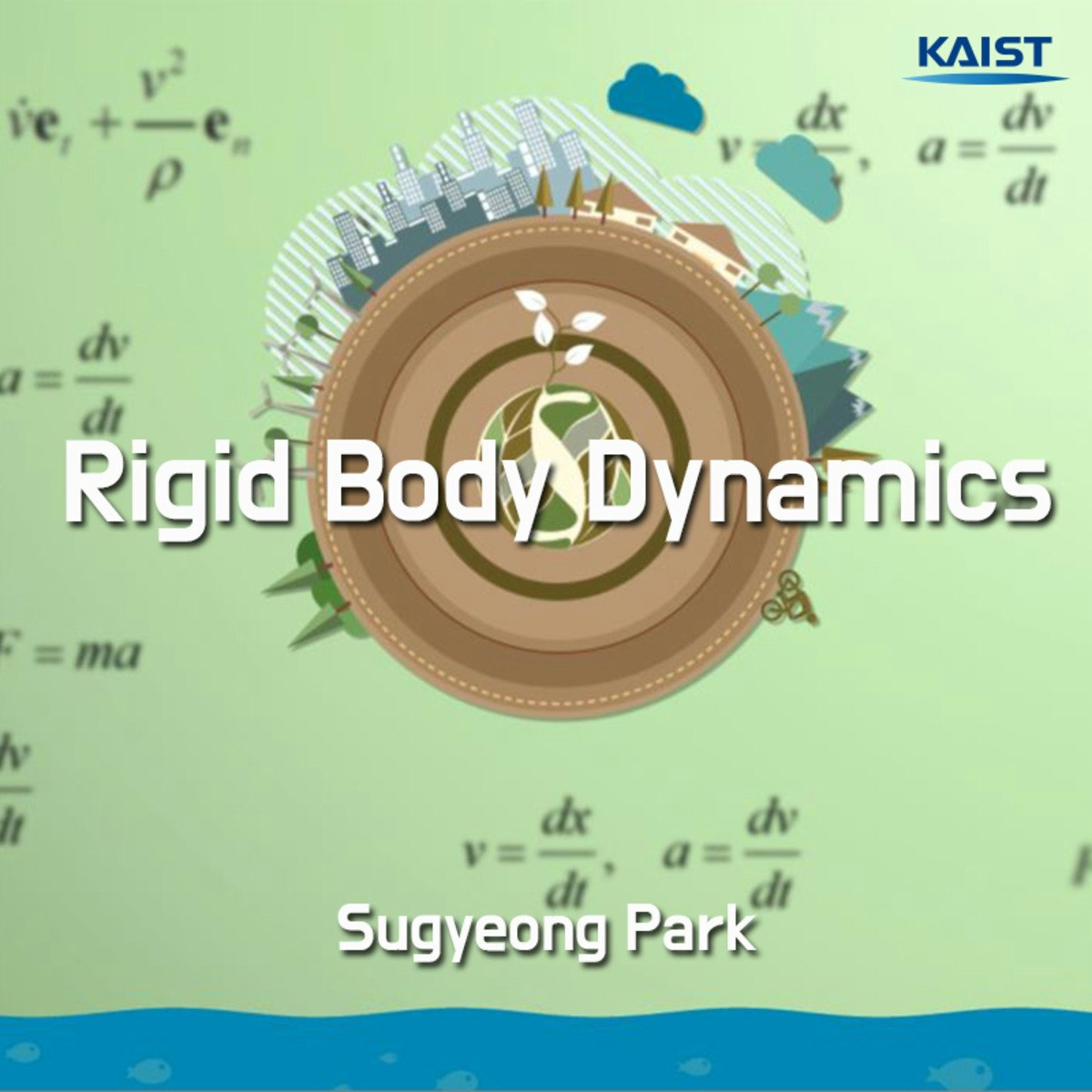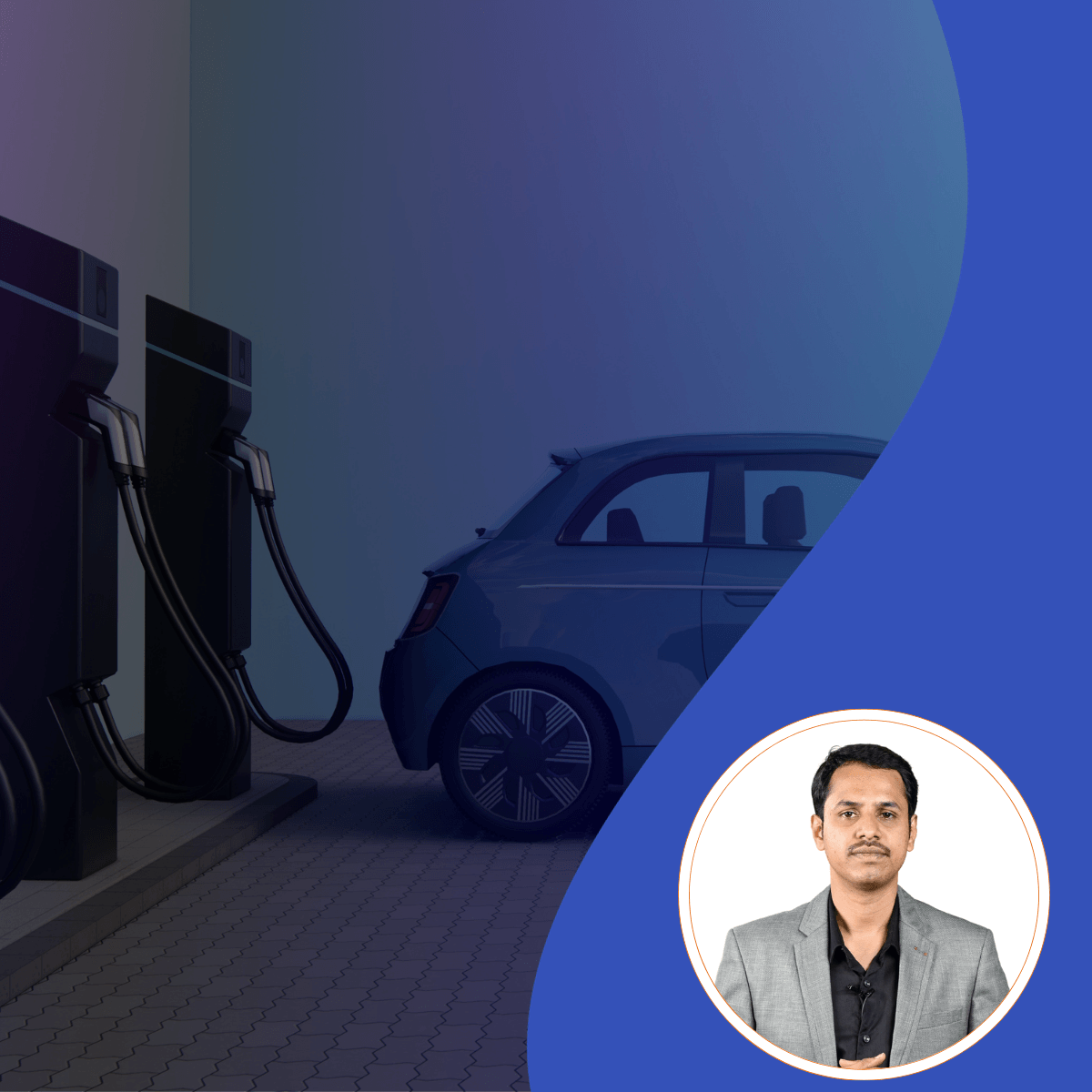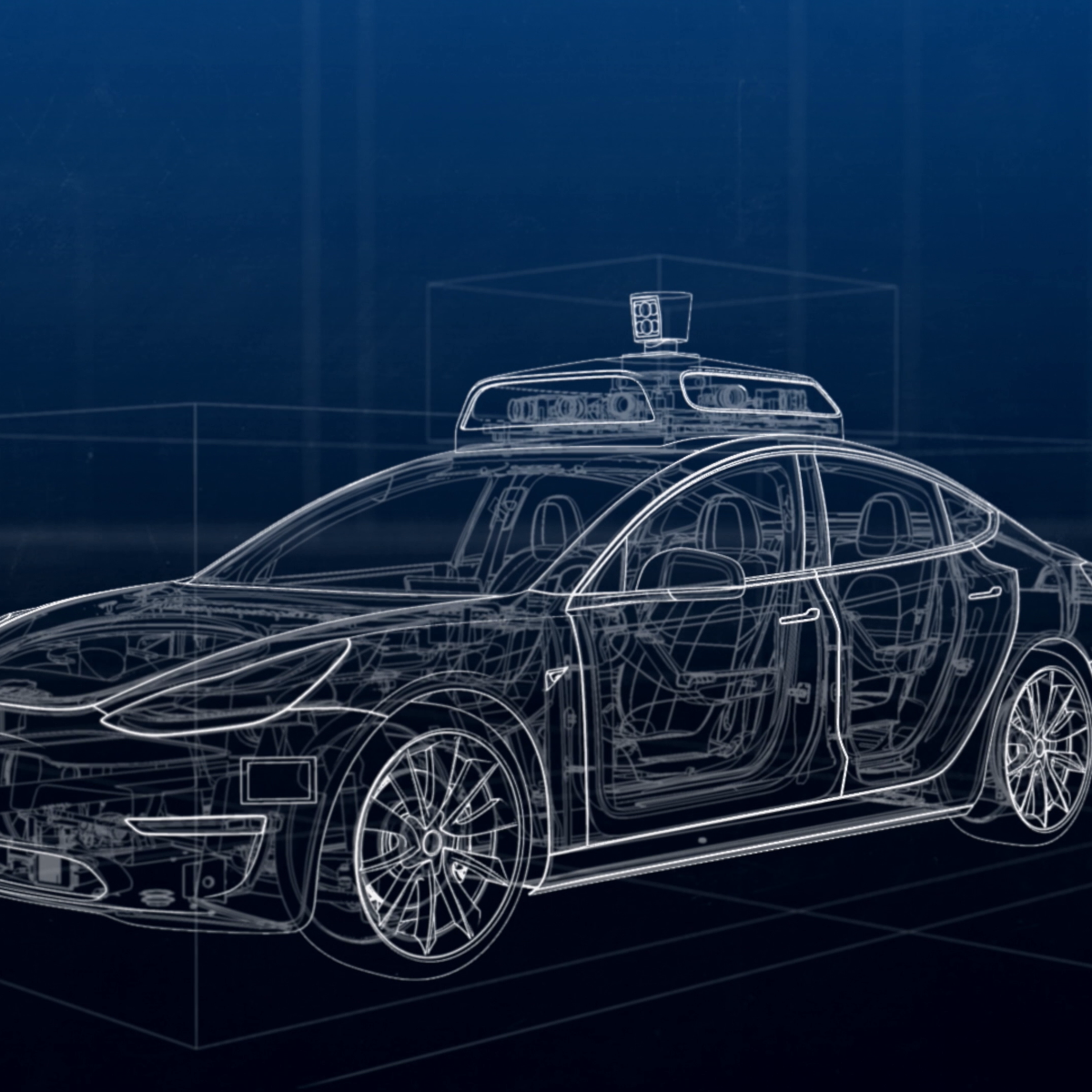Automotive Engineer
Automotive Engineer: Designing the Future of Mobility
Automotive engineering is a specialized branch of mechanical engineering focused on the design, development, manufacturing, testing, and maintenance of vehicles. This field encompasses everything from the intricate workings of engines and transmissions to the complex electronic systems controlling modern cars, trucks, motorcycles, and other ground-based vehicles. Automotive engineers apply principles of mechanics, materials science, electrical engineering, and software development to create vehicles that are safe, efficient, reliable, and enjoyable to operate.
Working as an automotive engineer offers the chance to be at the forefront of technological innovation. You could be involved in developing the next generation of electric vehicles, refining autonomous driving systems, or creating more sustainable manufacturing processes. The field provides opportunities to solve complex problems, collaborate with diverse teams, and make a tangible impact on how people move and interact with their environment.
Understanding the Role: Key Responsibilities
The day-to-day work of an automotive engineer can vary significantly depending on their specific role, specialization, and the type of company they work for. However, several core responsibilities are common across the profession.
Designing and Testing Vehicle Systems
A primary responsibility is the design and development of vehicle components and systems. This could involve designing engines for better fuel efficiency, creating advanced driver-assistance systems (ADAS), engineering robust chassis structures, or developing innovative battery technologies for electric vehicles. Engineers use Computer-Aided Design (CAD) software extensively to create detailed models and blueprints.
Testing is another crucial aspect. Engineers conduct rigorous tests on prototypes and components to ensure they meet performance, safety, and durability standards. This involves both simulated testing using software like Finite Element Analysis (FEA) and Computational Fluid Dynamics (CFD), as well as physical testing in laboratories and on test tracks. Analyzing test data allows engineers to identify issues and refine designs.
Consider the braking system of a car. An automotive engineer designs the components like brake pads, rotors, and calipers using CAD. They then simulate braking performance under various conditions (e.g., high speed, wet roads) using software. Finally, physical prototypes are tested on vehicles to measure stopping distances and ensure reliability before mass production.
These courses provide foundational knowledge in physics and mechanics, essential for understanding vehicle dynamics and component design.
Understanding core mechanics is fundamental. These texts offer comprehensive coverage of classical mechanics principles.
Collaboration Across Disciplines
Automotive engineering is rarely a solo endeavor. Engineers work closely with professionals from various disciplines, including software developers for vehicle control systems, electrical engineers for power electronics and sensors, materials scientists for selecting optimal materials, and manufacturing engineers for production processes. Effective communication and teamwork are vital.
Supply chain managers and procurement specialists are also key collaborators, ensuring components are sourced efficiently and cost-effectively. Marketing and sales teams provide input on consumer demands and market trends, influencing design decisions. This cross-functional collaboration ensures that vehicles meet technical requirements, market needs, and production constraints.
Imagine developing a new infotainment system. Automotive engineers collaborate with software developers on the user interface, electrical engineers on the hardware integration, designers on the aesthetics, and manufacturing teams on assembly. This synergy ensures the final product is functional, user-friendly, and producible.
This course explores the industrial engineering aspects, including supply chain and management within the automotive sector.
Ensuring Regulatory Compliance
Automotive engineers must ensure their designs comply with a complex web of safety, environmental, and emissions regulations. These standards vary significantly across different countries and regions. Engineers stay updated on these regulations and incorporate compliance measures throughout the design and testing phases.
This involves designing vehicles to meet crash safety standards (like those set by NHTSA in the US or Euro NCAP in Europe), ensuring emissions meet environmental agency limits (like the EPA in the US), and adhering to fuel economy standards. Documentation and reporting are essential parts of demonstrating compliance to regulatory bodies.
For instance, when designing a new engine, engineers must ensure it meets stringent emissions standards. This requires careful calibration, exhaust after-treatment system design (like catalytic converters), and extensive testing to verify performance under regulated test cycles. Failure to comply can result in significant fines and recalls.
These courses cover safety regulations and crash safety principles critical for compliance.
Formal Education Pathways
Embarking on a career as an automotive engineer typically begins with a strong foundation in science and mathematics during high school, followed by specialized engineering education at the university level.
Foundation in High School
Aspiring automotive engineers should focus on excelling in subjects like physics, calculus, and chemistry during high school. These subjects provide the fundamental knowledge needed for advanced engineering concepts. Strong problem-solving skills and analytical thinking are also crucial, often developed through mathematics and science coursework.
Participation in extracurricular activities like robotics clubs, science fairs, or math competitions can provide valuable hands-on experience and demonstrate passion for the field. Developing good study habits and a strong work ethic during these formative years is equally important for success in a rigorous engineering program.
Think of high school physics as learning the basic rules of how things move and interact, like forces and energy. Calculus provides the mathematical language to describe these rules precisely. Chemistry helps understand materials and fuel reactions. These form the bedrock upon which engineering principles are built.
These resources cover fundamental physics concepts relevant to engineering.
Undergraduate Engineering Degrees
The most common pathway is earning a bachelor's degree in Mechanical Engineering. Many universities offer mechanical engineering programs with concentrations or electives specifically in automotive engineering. Some institutions even offer dedicated Bachelor of Science degrees in Automotive Engineering.
Other relevant undergraduate degrees include Electrical Engineering (especially for roles involving electronics, control systems, or electric vehicles) or Materials Science and Engineering. Core coursework typically includes thermodynamics, fluid mechanics, materials science, dynamics, control systems, and CAD.
Internships or co-op programs during the undergraduate years are highly recommended. These provide practical industry experience, networking opportunities, and a chance to apply classroom knowledge to real-world problems, significantly boosting employment prospects after graduation.
These courses cover core mechanical engineering topics often found in undergraduate curricula.
Graduate Studies and Research
While a bachelor's degree is often sufficient for entry-level positions, a master's degree or Ph.D. can open doors to specialized research and development roles, advanced technical leadership, or academic positions. Graduate programs allow for deeper specialization in areas like advanced combustion engines, vehicle dynamics, autonomous systems, lightweight materials, or alternative fuels.
Research opportunities at the graduate level involve tackling complex engineering challenges at the forefront of automotive technology. This could mean developing novel battery chemistries, designing sophisticated sensor fusion algorithms for self-driving cars, or exploring advanced manufacturing techniques like additive manufacturing (3D printing) for vehicle components.
Pursuing advanced degrees requires a strong academic record, research aptitude, and often, a specific area of interest within automotive engineering. These qualifications are particularly valued in research-intensive roles within large automotive manufacturers, R&D firms, or government labs.
These courses touch upon advanced topics often explored in graduate studies, such as advanced engine analysis, dynamics, and specialized simulation techniques.
Online Learning and Skill Development
Beyond formal degrees, continuous learning is essential in the rapidly evolving field of automotive engineering. Online courses and resources offer flexible and accessible ways to acquire new skills, deepen existing knowledge, and stay current with technological advancements.
Building Foundational and Specialized Skills Online
Online platforms provide a wealth of courses covering core technical skills crucial for automotive engineers. Learners can find courses on CAD software like SolidWorks, CATIA, or Fusion 360, simulation tools like ANSYS or MATLAB/Simulink, and fundamental engineering principles such as thermodynamics, fluid mechanics, and materials science.
Specialized topics relevant to modern automotive trends are also widely available. Courses on electric vehicle technology, battery management systems, autonomous vehicle systems, sensor fusion, Machine Learning applications in automotive, and embedded systems programming are valuable for enhancing expertise.
Online learning allows individuals to tailor their education to specific career goals or interests. Whether you're supplementing a formal degree, pivoting from another field, or seeking professional development, online courses offer targeted skill-building opportunities. OpenCourser provides a vast catalog to browse engineering courses from various providers.
These online courses cover essential CAD and simulation software frequently used in automotive engineering.
These courses delve into simulation techniques like CFD and FEA.
Applying Knowledge Through Projects
Theoretical knowledge gained from courses is best solidified through practical application. Many online courses incorporate hands-on projects, allowing learners to practice using software tools and engineering principles to solve design challenges. Building a portfolio of projects is crucial, especially for those entering the field or changing careers.
Independent projects can also be highly beneficial. This could involve designing a component using CAD software, running simulations to analyze performance, building a small-scale model (perhaps using 3D printing), or even contributing to open-source automotive projects. Documenting these projects clearly, explaining the problem, methodology, and results, demonstrates practical skills to potential employers.
For example, after taking a course on vehicle dynamics, a learner could use simulation software like MATLAB/Simulink to model a vehicle suspension system and analyze its response to different road conditions. This project could then be added to their portfolio.
These courses emphasize project-based learning and practical application of skills.
Integrating Online Learning with Career Goals
Online learning can effectively supplement formal education by providing exposure to specific tools or niche topics not covered in depth in a standard curriculum. University students can use online courses to gain proficiency in industry-standard software or explore emerging areas like AI in automotive applications.
For professionals already working in the field, online courses offer a way to upskill or reskill. An engineer working on traditional combustion engines might take courses on electric powertrains to adapt to industry shifts. Similarly, earning online certificates in specialized areas like functional safety (e.g., ISO 26262) can enhance career prospects.
If you're considering a career change into automotive engineering, online courses can provide a structured path to build foundational knowledge and necessary skills. While a formal degree is often preferred, a strong portfolio of projects and relevant certifications gained through online learning can demonstrate capability and commitment, potentially opening doors to certain roles, especially when combined with prior technical experience. Remember that transitioning requires dedication, but online resources make it more accessible than ever. OpenCourser's Learner's Guide offers tips on structuring self-learning paths.
These courses cover emerging areas like electric vehicles and autonomous systems, useful for upskilling or specialization.
Career Progression in Automotive Engineering
A career in automotive engineering offers diverse pathways for growth, from entry-level technical roles to leadership positions in research, management, or consulting. The trajectory often depends on individual interests, skills, and the specific sector of the industry.
Starting Your Career: Entry-Level Roles
Graduates typically start in roles like Design Engineer, Test Engineer, Systems Engineer, or Manufacturing Engineer. Entry-level positions often involve focused tasks within a larger team, such as designing specific components, conducting tests according to established protocols, analyzing data, or supporting production processes.
In these initial roles, engineers gain practical experience, learn industry standards and processes, and develop proficiency with engineering tools. Mentorship from senior engineers is common, providing guidance and support. Strong technical fundamentals, problem-solving abilities, and effective communication are key attributes for success at this stage.
For example, a new Test Engineer might be responsible for setting up and running vibration tests on engine mounts, collecting data using sensors, and preparing initial reports under the supervision of a more experienced engineer. This hands-on work builds foundational understanding and practical skills.
These courses introduce core concepts relevant to entry-level design and performance analysis.
Mid-Career Advancement and Transitions
With several years of experience, engineers often specialize further or move into roles with broader responsibilities. This could involve leading design projects, managing small teams, becoming a technical expert in a specific area (e.g., powertrain calibration, vehicle safety), or transitioning into project management.
Opportunities may arise in Research and Development (R&D), focusing on innovation and future technologies. Roles in product planning or technical marketing bridge engineering with business strategy. Some engineers pursue advanced degrees or professional certifications (like the Professional Engineer license) to facilitate advancement.
Mid-career transitions often involve developing leadership, communication, and strategic thinking skills alongside technical expertise. Mentoring junior engineers, presenting technical findings to management, and managing project budgets and timelines become increasingly important responsibilities.
This book discusses staying lean, a concept relevant to efficient project management and R&D.
Long-Term Opportunities and Leadership
Experienced automotive engineers can progress to senior technical leadership roles, such as Chief Engineer or Technical Fellow, guiding the technical direction of major projects or entire vehicle programs. Others move into executive management positions, overseeing large engineering departments or business units.
Consulting is another path, where engineers leverage their expertise to advise automotive companies on technical challenges, strategy, or process improvement. Entrepreneurship is also possible, with some engineers starting their own companies focused on specialized automotive products or services.
Long-term success often involves a combination of deep technical expertise, strong leadership capabilities, business acumen, and a commitment to lifelong learning to stay abreast of industry changes. Building a strong professional network over the years is also invaluable.
Preparing for the Job Search
Preparation for the job search should ideally begin during your education. Building a strong resume that highlights relevant coursework, projects, internships, and technical skills (especially proficiency in CAD/simulation software) is essential. Tailor your resume for each specific job application, emphasizing the skills and experiences most relevant to the role.
Developing a portfolio, particularly for design-focused roles, can showcase your practical abilities. Include detailed descriptions and visuals of projects completed during coursework, internships, or personal initiatives. Be prepared to discuss your contributions and the technical challenges you overcame.
Technical interviews are common and may involve problem-solving questions related to core engineering principles (mechanics, thermodynamics, materials), questions about specific automotive systems, or assessments of your CAD/software skills. Behavioral questions assessing teamwork, communication, and problem-solving approaches are also standard. Practicing common interview questions and conducting mock interviews can significantly improve performance.
Industry Trends Shaping Automotive Engineering
The automotive industry is undergoing a profound transformation driven by technological advancements, environmental concerns, and changing consumer expectations. Automotive engineers are at the center of navigating these shifts.
The Shift Toward Electric and Autonomous Vehicles
The transition to electric vehicles (EVs) is arguably the most significant trend. Engineers are focused on improving battery technology (energy density, charging speed, lifespan), developing efficient electric motors and power electronics, and designing optimal thermal management systems. The integration of these components into vehicle platforms presents unique design challenges.
Simultaneously, the development of autonomous driving technology is rapidly advancing. This involves complex sensor systems (cameras, lidar, radar), sophisticated sensor fusion algorithms, artificial intelligence (AI) for decision-making, and robust control systems. Ensuring the safety and reliability of autonomous vehicles is a paramount concern for engineers in this domain.
These trends require engineers with expertise in electrical engineering, software development, AI, and systems integration, alongside traditional mechanical engineering skills. The convergence of these disciplines is reshaping the required skillset for automotive engineers. According to analysis by McKinsey, software and electronics are becoming increasingly central to vehicle value.
These courses provide insights into electric and autonomous vehicle technologies.
Sustainability and Environmental Mandates
Growing environmental awareness and stricter regulations globally are pushing the industry towards greater sustainability. Beyond electrification, engineers are working on improving the fuel efficiency of internal combustion engines, exploring alternative fuels (like hydrogen), and reducing the overall environmental footprint of vehicles throughout their lifecycle.
This includes using lightweight materials (like advanced composites and aluminum alloys) to reduce vehicle weight and improve fuel economy, designing for recyclability, and optimizing manufacturing processes to minimize energy consumption and waste. Life Cycle Assessment (LCA) is increasingly used to evaluate the environmental impact from raw material extraction to end-of-life disposal.
Engineers play a critical role in developing innovative solutions that balance performance, cost, and environmental responsibility. The focus extends beyond tailpipe emissions to encompass the entire value chain.
This course covers hybrid vehicles, a step towards greater fuel efficiency.
Impact of AI, Connectivity, and Data
Artificial Intelligence (AI) and Machine Learning (ML) are impacting various aspects of automotive engineering, from predictive maintenance and optimizing vehicle performance to enhancing autonomous driving capabilities and personalizing the in-car experience. Engineers need to understand how to integrate and leverage these technologies.
Increased vehicle connectivity (V2X - Vehicle-to-Everything communication) enables new features like real-time traffic updates, remote diagnostics, and over-the-air software updates. However, it also introduces significant cybersecurity challenges that engineers must address to protect vehicles from unauthorized access or malicious attacks.
The vast amounts of data generated by modern vehicles offer opportunities for analysis and improvement. Engineers use data analytics to understand vehicle usage patterns, identify potential issues early, and continuously refine designs and features. Data privacy is a key consideration in handling this information.
These courses explore sensor fusion and control, areas heavily influenced by data and AI.
Navigating the Challenges
While automotive engineering offers exciting opportunities, it also presents unique challenges that professionals must navigate. Understanding these obstacles provides a realistic perspective on the career.
Balancing Innovation, Cost, and Time-to-Market
The automotive industry is highly competitive, demanding continuous innovation to meet consumer expectations and regulatory requirements. Engineers face constant pressure to develop cutting-edge technologies while managing development costs and adhering to strict production timelines.
Introducing new features or materials often involves significant investment in research, development, and testing. Balancing the desire for innovation with the need for cost-efficiency and reliability is a persistent challenge. Decisions often involve trade-offs between performance, features, cost, and development speed.
Shortening product development cycles means engineers must work efficiently, leverage simulation tools effectively, and collaborate closely across teams to bring vehicles to market quickly without compromising quality or safety.
Complexity of Global Markets and Regulations
Automotive companies operate in a global marketplace, requiring engineers to design vehicles that meet diverse customer preferences and varying regulations across different countries and regions. Safety standards, emissions limits, and even consumer tastes can differ significantly.
This necessitates designing adaptable vehicle platforms or developing region-specific variants, adding complexity to the design, testing, and manufacturing processes. Managing supply chains across global networks also presents logistical challenges.
Engineers must stay informed about international standards and market trends, often requiring collaboration with colleagues in different parts of the world and adapting designs for specific market needs.
This course touches upon driving rules, highlighting regional differences.
Cybersecurity and Software Complexity
Modern vehicles are increasingly reliant on complex software and electronic systems, making them potential targets for cyberattacks. Ensuring the cybersecurity of connected vehicles is a critical and growing challenge for automotive engineers.
This involves designing secure software architectures, implementing robust encryption and authentication protocols, and conducting thorough security testing to identify and mitigate vulnerabilities. The integration of numerous electronic control units (ECUs) from different suppliers adds to the complexity.
As vehicles become more connected and autonomous, the potential impact of cybersecurity breaches increases, demanding a proactive and rigorous approach to security throughout the vehicle lifecycle.
Ethical Considerations in Automotive Engineering
Automotive engineers grapple with significant ethical responsibilities, particularly concerning safety, environmental impact, and data privacy. These considerations influence design choices and technological development.
Prioritizing Safety
Safety is paramount in automotive design. Engineers have an ethical obligation to prioritize the safety of vehicle occupants, pedestrians, and other road users. This involves rigorous testing, adherence to safety standards, and implementing technologies that mitigate crash risks and severity.
The advent of autonomous vehicles introduces new ethical dilemmas, such as programming decision-making algorithms for unavoidable accident scenarios (the "trolley problem"). Engineers must consider the ethical frameworks guiding these decisions and strive for transparency in how autonomous systems operate.
Continuous improvement of safety features, from basic seatbelts and airbags to advanced driver-assistance systems (ADAS), reflects the ongoing ethical commitment to reducing injuries and fatalities on the road.
This course focuses specifically on functional safety standards like ISO 26262.
Environmental Responsibility
Engineers face ethical considerations regarding the environmental impact of vehicles. This includes minimizing pollution from manufacturing processes, reducing tailpipe emissions, improving fuel efficiency, and designing vehicles for easier recycling at the end of their life.
The push towards electric vehicles is driven largely by environmental concerns, but engineers must also consider the environmental impact of battery production and disposal. Developing sustainable materials and manufacturing techniques is an ongoing ethical challenge.
Balancing environmental goals with performance expectations and cost constraints requires careful ethical deliberation and innovative engineering solutions.
Data Privacy and Security
Connected vehicles generate vast amounts of data, including location information, driving habits, and personal preferences. Automotive engineers involved in designing these systems have an ethical responsibility to protect user data privacy.
This involves implementing strong data security measures, being transparent about data collection practices, and providing users with control over their personal information. Ensuring data is used responsibly and ethically, for purposes like improving safety or vehicle performance, is crucial.
As vehicle connectivity increases, maintaining user trust through robust privacy and security practices becomes an essential ethical consideration for the industry.
The Automotive Engineer Career Ladder
Understanding the typical progression and related roles helps clarify the path towards becoming and advancing as an automotive engineer.
Typical Prerequisite Roles and Foundations
Most automotive engineers start with a background in a core engineering discipline, primarily Mechanical Engineering or Electrical Engineering. Experience gained through internships or entry-level roles in these broader fields often serves as a stepping stone into the more specialized automotive sector.
Roles like Mechanical Design Engineer, Systems Engineer, or Test Engineer in any manufacturing or technology industry can provide relevant foundational experience. Skills in CAD, FEA, thermodynamics, control systems, and project management acquired in these roles are highly transferable to the automotive industry.
For those focused on the software and electronics aspects, experience as a Software Engineer or Embedded Systems Engineer is invaluable, particularly with the rise of connected and autonomous vehicles.
Certifications for Advancement
While not always mandatory, professional certifications can enhance an automotive engineer's credentials and career prospects. The Professional Engineer (PE) license is a significant credential in the United States, demonstrating a high level of competency and ethical standards. Requirements typically include a degree from an accredited program, relevant work experience, and passing examinations.
Specialized certifications related to specific areas like functional safety (e.g., certification related to ISO 26262), project management (e.g., Project Management Professional - PMP), or specific software tools can also be beneficial, particularly for demonstrating expertise in niche areas.
Professional organizations like SAE International (formerly the Society of Automotive Engineers) offer memberships, training programs, and conferences, providing opportunities for professional development and networking.
Related and Post-Engineering Career Paths
The skills and experience gained as an automotive engineer open doors to various related careers. Within the industry, engineers might transition into roles like Automotive Designer (focusing more on aesthetics and user experience), Manufacturing Engineer (optimizing production processes), or Technical Sales Engineer.
With additional training or experience, engineers can move into technical consulting, advising companies on engineering challenges or strategy. Management roles, requiring strong leadership and business skills, are a common progression path. Some leverage their technical background to move into patent law, technical writing, or academia.
The analytical, problem-solving, and project management skills developed are highly valued across many sectors, providing flexibility for career pivots if desired later on.
Frequently Asked Questions (FAQs)
Is automotive engineering only about designing cars?
No, automotive engineering encompasses a wide range of ground vehicles, including trucks, buses, motorcycles, agricultural machinery, and construction equipment. While passenger cars are a major focus, the principles and skills apply broadly. Engineers might specialize in commercial vehicles, off-highway equipment, or even performance racing.
The field also extends beyond vehicle design itself to include areas like manufacturing processes, supply chain management specific to automotive components, developing testing equipment and methodologies, and working on infrastructure related to vehicles (like charging stations for EVs).
Furthermore, many subsystems within a vehicle require specialized expertise. Engineers might focus on powertrain development, chassis systems, vehicle electronics, safety systems, aerodynamics, or interior design aspects.
How competitive is the job market for automotive engineers?
The job market can be competitive, particularly for positions at major automotive manufacturers or popular technology companies entering the automotive space. Competition is often influenced by economic conditions, industry trends (like the shift to EVs), and geographic location (major automotive hubs tend to have more opportunities but also more competition).
According to the U.S. Bureau of Labor Statistics, the overall employment of mechanical engineers (which includes many automotive engineers) is projected to grow about as fast as the average for all occupations. However, opportunities related to electric and autonomous vehicles are expected to grow faster.
Strong academic performance, relevant internship experience, proficiency in key software tools, and specialization in high-demand areas (like electrification, autonomous systems, or software) can significantly improve job prospects. Networking through professional organizations and university career services is also beneficial.
Can I transition into automotive engineering from other engineering fields?
Yes, transitioning from other engineering fields is quite common. Mechanical engineers often move into automotive roles due to the significant overlap in core principles. Electrical engineers, software engineers, materials scientists, and even aerospace engineers possess skills highly relevant to modern automotive challenges.
A successful transition often involves acquiring specific knowledge about automotive systems and industry standards. This can be achieved through targeted online courses, self-study, or potentially a master's degree with an automotive focus. Highlighting transferable skills and demonstrating a passion for the automotive industry are key.
Building a portfolio of relevant projects, even personal ones, can demonstrate your capability and interest to potential automotive employers. Networking with professionals in the automotive sector can also provide valuable insights and potential leads.
What soft skills are most valuable for automotive engineers?
Beyond technical expertise, several soft skills are crucial. Strong problem-solving abilities are fundamental for tackling complex design challenges. Effective communication skills (both written and verbal) are essential for collaborating with diverse teams, presenting technical information clearly, and writing reports.
Teamwork is vital, as engineers rarely work in isolation. The ability to collaborate effectively with colleagues from different disciplines and backgrounds is key. Adaptability is also important in a rapidly changing industry, requiring engineers to learn new technologies and adjust to evolving project requirements.
Attention to detail is critical for ensuring accuracy in designs and tests, particularly where safety is concerned. Creativity helps in developing innovative solutions. Finally, project management skills, including time management and organization, are valuable for handling tasks and meeting deadlines.
How does globalization affect opportunities in automotive engineering?
Globalization significantly impacts the automotive industry and engineering opportunities. Major automotive companies operate globally, with design centers, manufacturing plants, and R&D facilities spread across different continents. This creates opportunities for engineers to work on international projects and potentially relocate.
It also means engineers must design products for diverse global markets with varying regulations and consumer preferences, adding complexity. Collaboration often occurs across time zones and cultures, requiring strong communication skills and cultural awareness.
Globalization intensifies competition but also fosters innovation through the exchange of ideas and talent worldwide. Engineers may find opportunities with international companies either domestically or abroad, depending on their willingness to work in a global context.
Is relocation often required for automotive engineering jobs?
Relocation may be necessary or advantageous depending on your career goals and location. Major automotive manufacturers, suppliers, and R&D centers are often concentrated in specific geographic regions (like the Detroit area in the US, parts of Germany, Japan, or China).
While remote work possibilities have increased, many engineering roles, especially those involving hands-on testing or manufacturing support, require an on-site presence. Being willing to relocate to an automotive hub can significantly expand job opportunities, particularly early in one's career.
However, opportunities also exist outside traditional hubs, especially with the rise of tech companies involved in autonomous driving and software development, which might be located in different tech centers. The need for relocation depends heavily on the specific companies and roles being targeted.
Embarking on a career as an automotive engineer means entering a dynamic field that shapes modern transportation. It demands a strong technical foundation, continuous learning, adaptability, and a commitment to safety and innovation. Whether designing the next generation of electric cars, developing sophisticated autonomous systems, or improving manufacturing sustainability, automotive engineers play a vital role in creating the future of mobility. While the path requires dedication and effort, the opportunity to contribute to complex, impactful technology makes it a rewarding pursuit for many.

































